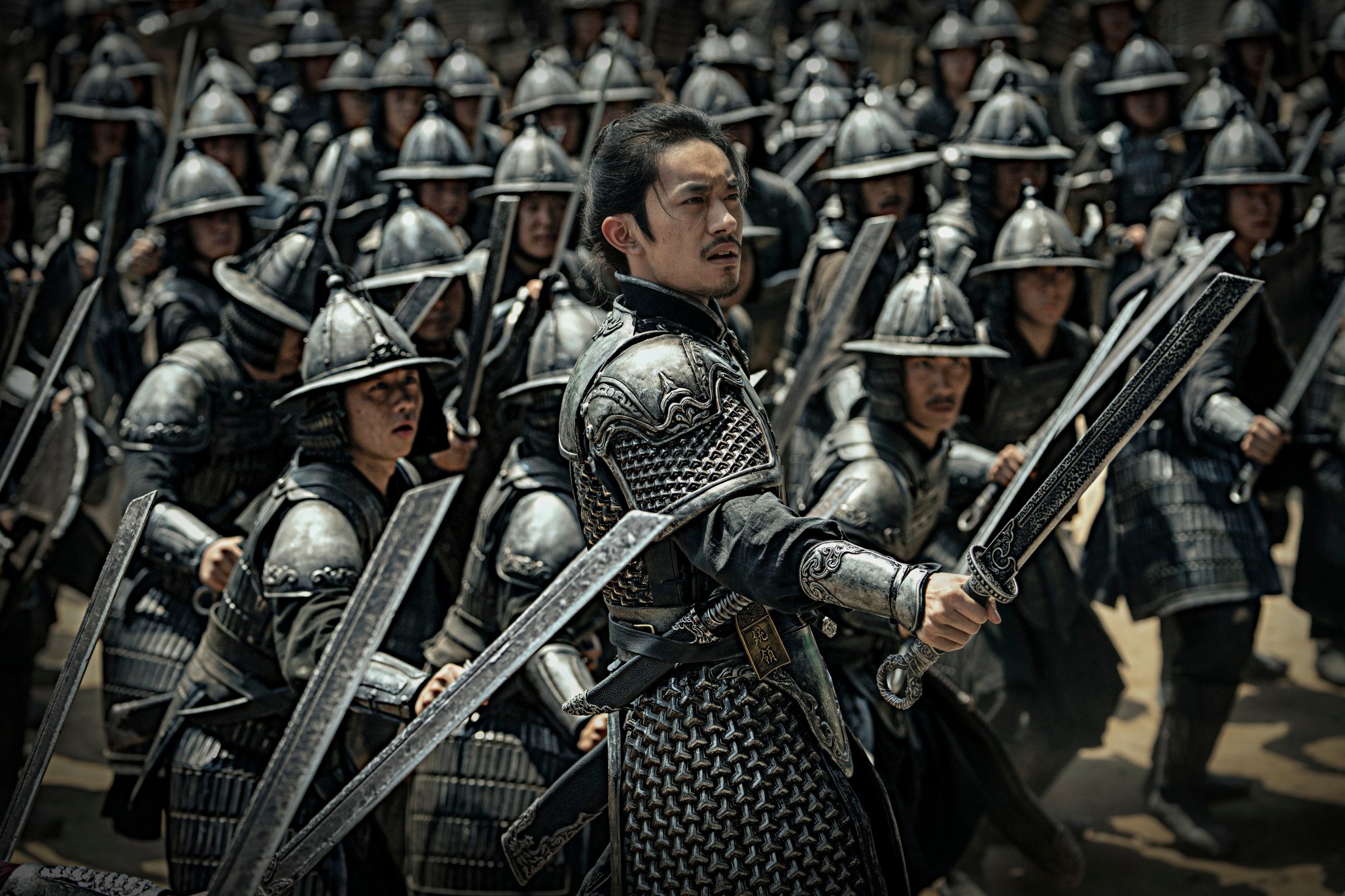
Qin Hui, Chinese historical figure featured in Zhang Yimou’s Full River Red, is hated for causing a hero’s death – but maybe he wasn’t so bad
- Song dynasty politician Qin Hui, who has a key role in new Zhang Yimou film Full River Red, is reviled in China for aiding heroic general Yue Fei’s execution
- Statues of Qin were erected so people could show their scorn for him; later scholars felt he’d been unfairly ‘cancelled’, but rehabilitation remains far off
I recently watched the movie Full River Red (2023), directed by Zhang Yimou, expecting it to be a biopic about Yue Fei (1103–1142), the Chinese military hero who valiantly defended the Southern Song dynasty against the Jurchen invaders.
The movie title (Man Jiang Hong in Mandarin) is a direct reference to the famous patriotic poem, traditionally attributed to Yue Fei, of which many in the Greater China region can recite by heart a line or two, if not all of it.
Qin Hui (1091–1155) is best known in Chinese history as the prime minister who was in favour of making peace with the Jurchen nation, in contrast to the frontier general Yue Fei, whose ultimate goal was to recover all the lands north of the Yangtze River, which had been conquered by the Jurchen.

As the key facilitator of Yue Fei’s unjust death, however, Qin Hui bore the brunt of the blame.



In 2017, China’s State Administration for Industry and Commerce prohibited the use of the words “Qin Hui” in company and brand names.
While Qin Hui had questionable morals and motives, history is not a bad telenovela with cartoon-like heroes and villains. Like most people past and present, Qin Hui was a complex individual. When he was a young official in government, he was stridently pro-war and opposed to making peace with the Jurchen.
How powerful ancient Chinese cults threatened the regimes of the day
Something must have happened to him in those three years because, after he rejoined the government of the Southern Song, he became an unapologetic advocate for peace with the Jurchen.
Despite his perceived villainy, he was not without his defenders in history. Some historians and commentators in the Ming and Qing period defended his dovish stance, arguing that he brought peace and prosperity to the Southern Song, which lasted for another 124 years after his death.
Still, having been universally “cancelled” for close to nine centuries, Qin Hui is not about to get rehabilitated so easily or so soon.

